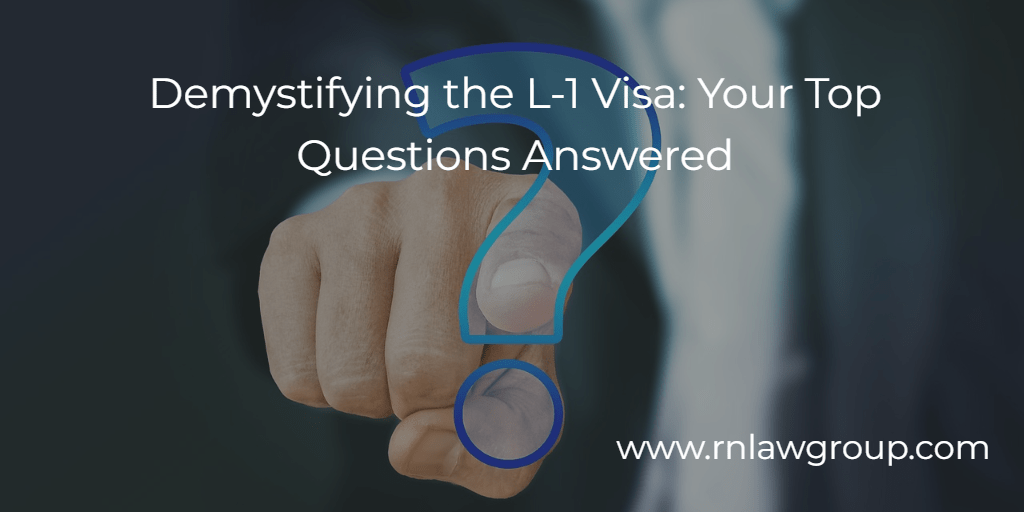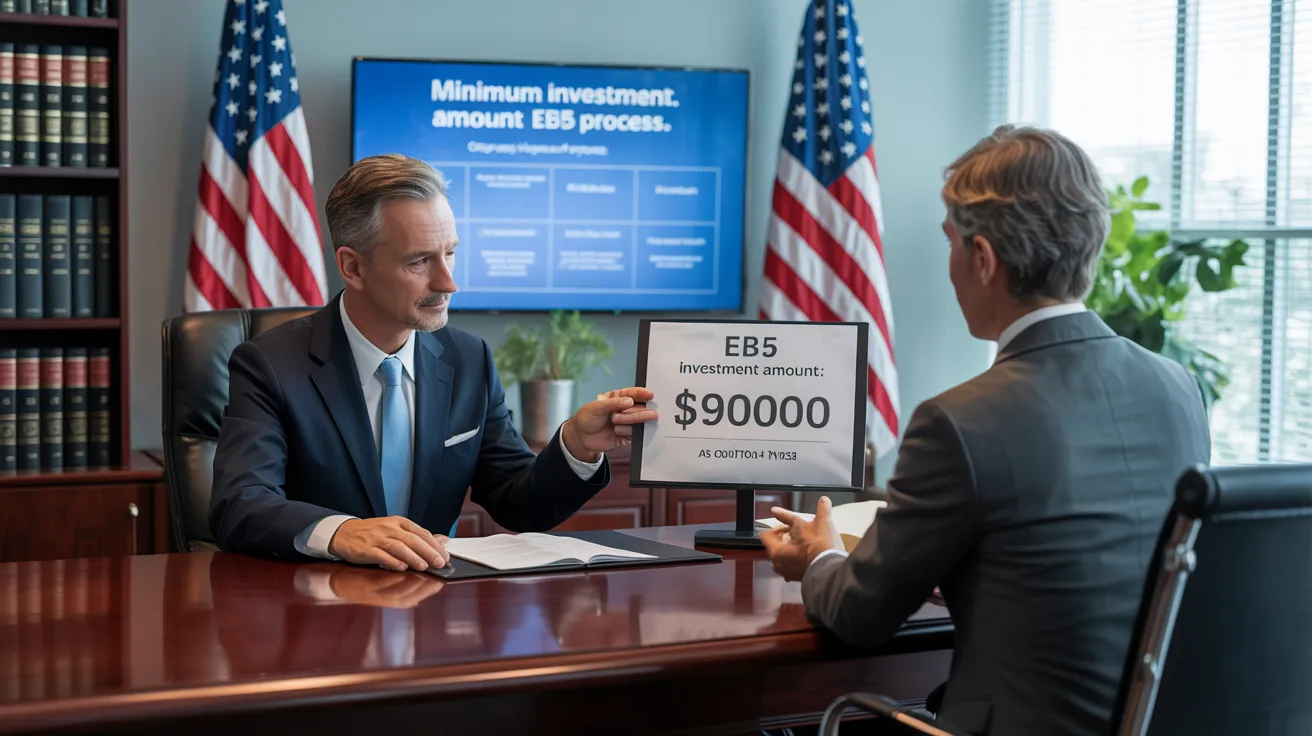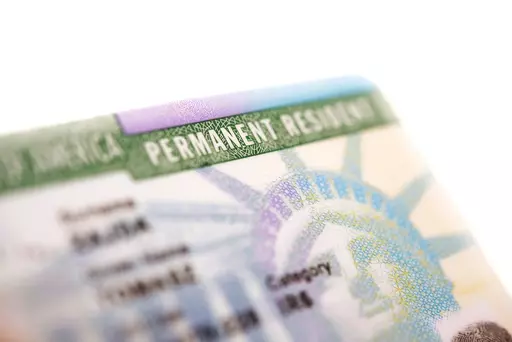Everything about L1 Visa
Table of ContentsL1 Visa Fundamentals ExplainedThe Best Guide To L1 VisaThe Of L1 VisaMore About L1 Visa8 Simple Techniques For L1 VisaThe Best Strategy To Use For L1 Visa
Offered from ProQuest Dissertations & Theses Global; Social Science Costs Collection. DHS Office of the Examiner General. Recovered 2023-03-26.
United State Department of State. Fetched 2023-02-08. Tamen, Joan Fleischer (August 10, 2013).
L1 Visa - Questions
In order to be qualified for the L-1 visa, the foreign business abroad where the Recipient was utilized and the united state firm should have a qualifying partnership at the time of the transfer. The various sorts of qualifying connections are: 1. Parent-Subsidiary: The Moms and dad suggests a company, firm, or various other lawful entity which has subsidiaries that it has and regulates."Subsidiary" suggests a firm, firm, or other legal entity of which a parent has, directly or indirectly, greater than 50% of the entity, OR has much less than 50% yet has monitoring control of the entity.
Instance 1: Business A is incorporated in France and utilizes the Recipient. Firm B is included in the U.S. and intends to request the Beneficiary. Firm An owns 100% of the shares of Company B.Company A is the Parent and Business B is a subsidiary. Consequently there is a qualifying connection between both companies and Firm B need to be able to sponsor the Beneficiary.
Company A has 40% of Business B. The staying 60% is had and regulated by Firm C, which has no relationship to Firm A.Since Business A and B do not have a parent-subsidiary partnership, Company A can not fund the Beneficiary for L-1.
Instance 3: Firm A is integrated in the united state and wishes to petition the Beneficiary. Firm B is incorporated in Indonesia and employs the Beneficiary. Business A possesses 40% of Business B. The continuing to be 60% is had by Company C, which has no relationship to Business A. Nevertheless, Firm A, by official arrangement, controls and full manages Firm B.Since Firm A possesses less than 50% of Firm B yet takes care of and controls the company, there is a qualifying parent-subsidiary connection and Company A can sponsor the Recipient for L-1.
The smart Trick of L1 Visa That Nobody is Discussing
Company B is included in the United state
L1 Visa Fundamentals Explained

The L-1 visa is an employment-based visa category established by Congress in 1970, enabling multinational firms to transfer their managers, executives, or crucial personnel to their U.S. operations. It is frequently described as the intracompany transferee visa. There are 2 primary kinds of L-1 visas: L-1A and L-1B. These kinds appropriate for employees worked with in different placements within a company.

Additionally, the beneficiary has to have functioned in a managerial, exec, or specialized worker placement for one year within the 3 years coming before the L-1A application in the international company. For new office applications, foreign employment must have been in a managerial or executive capability if the recipient is pertaining to the USA to function as a manager or executive.
A Biased View of L1 Visa

If approved for a united state business operational for greater than one year, the first L-1B visa is for up to 3 years and can be prolonged for an extra 2 years (L1 Visa). On the other hand, if the U.S. firm is newly established or has been functional for much less than one year, the initial L-1B visa is issued for one year, with extensions offered in two-year increments
The L-1 visa is an employment-based visa classification developed by Congress in 1970, permitting international firms to transfer their supervisors, execs, or crucial personnel to their U.S. procedures. It is typically referred to as the intracompany transferee visa. There are 2 primary kinds of L-1 visas: L-1A and L-1B. These types are ideal for staff members employed in various positions within a business.
An Unbiased View of L1 Visa
Furthermore, the recipient must have operated in a managerial, exec, or specialized staff member position for one year within the three years coming before the L-1A application in the international firm. For new workplace applications, foreign employment must have been in a supervisory or executive capacity if the recipient is concerning the United States to work as a supervisor or executive.
for up to seven years to manage the operations of the united state associate as an exec or supervisor. If issued for a united state business that has actually been functional for even more than one year, the L-1A visa is at first granted for approximately three years and can be prolonged in two-year increments.
If provided for a united state firm operational for greater than one year, the first L-1B visa is for up to three years and can be expanded for an additional 2 years. Conversely, if the united state company is recently developed or has actually been operational for much less than one year, the preliminary L-1B visa is issued for one year, learn more with extensions readily available in L1 Visa requirements two-year increments.